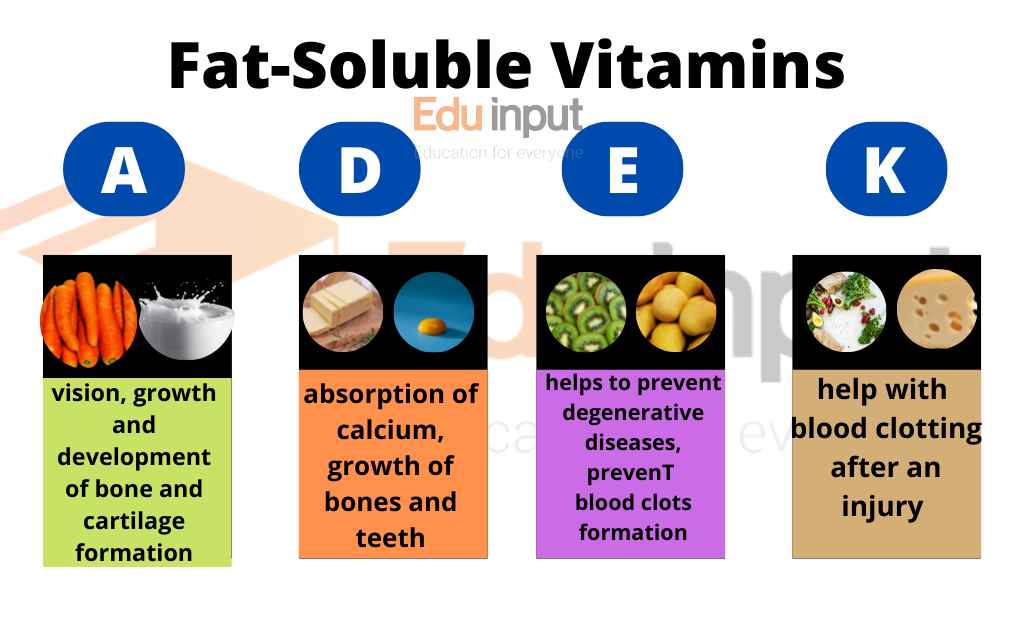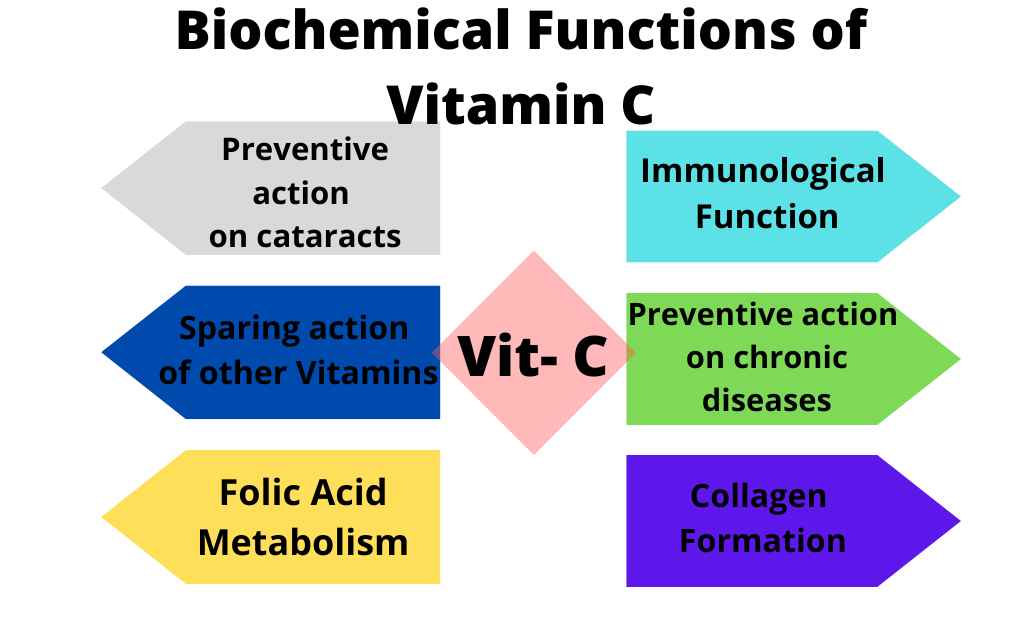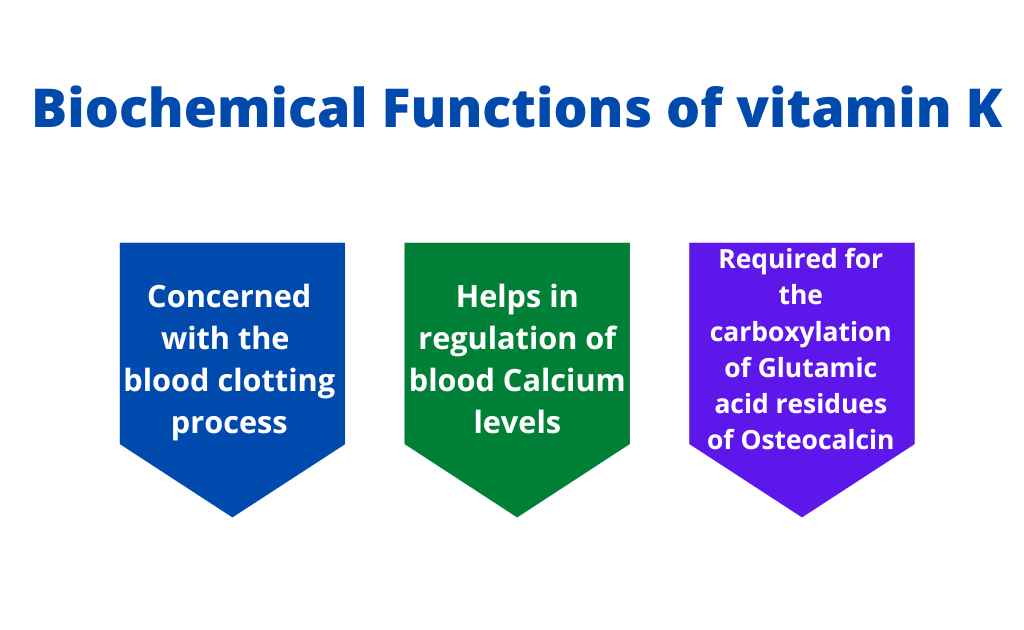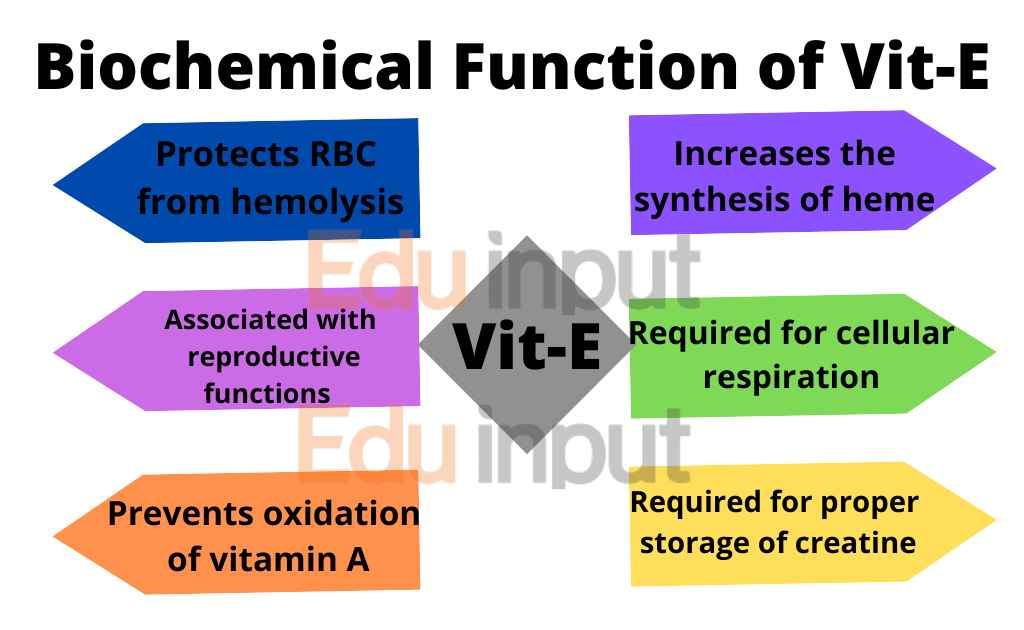What Are Vitamins? Characteristics and Classification
Vitamins are essential organic compounds that are needed in small amounts in the diet, both to prevent deficiency diseases and to support optimal health. The term vitamin (vital amines) was coined by Casimir Funk. The term vital denotes essential for life and amines because these compounds contained an amine functional group.
Vitamins must be obtained from food or supplements since our bodies cannot produce them. Vitamins play a fundamental role in the health of several of the human body’s organs, including the skin, hair, eyes, mouth, liver, and nervous system, that’s why a lack of any vitamin might cause serious illness.
The most prominent function of the vitamins is to serve as coenzymes (or prosthetic groups) for enzymatic reactions.
Characteristics of Vitamins
Vitamins are grouped according to the following general biological Characteristics:
- Vitamins are not synthesized by the body, so they are derived from the diet we eat.
- Vitamins are not plastic materials. The exception is vitamin F.
- Vitamins are not an energy source. The exception is vitamin F.
- Vitamins are essential for all vital processes and biologically active already in small quantities.
- They influence biochemical processes in all tissues and organs, they are not only specific to organs.
- They can be used for medicinal purposes as a non-specific tool in high doses for diabetes mellitus – B1, B2, B6; colds and infectious diseases – vitamin C; bronchial asthma.
- Since only a few vitamins can be stored (A, D, E, B12), a lack of vitamins quickly leads to deficiency syndromes (hypovitaminosis or avitaminosis). That can affect the skin and blood cells.
Here is the list of different vitamins.
Classification of Vitamins:
These vitamins are categorized into two groups, based on their solubility in fat or water. The fat-soluble vitamins are soluble in lipids and insoluble in water.
These categories are as follows:
Fat-Soluble Vitamins
These vitamins are soluble in organic molecules.
The fat-soluble vitamins present in the fat portion of foods are not easily lost from foods or destroyed by exposure to water, heat, air, or light.
Examples of Fat-Soluble Vitamins
- Vitamin A
- Vitamin D
- Vitamin E
- Vitamin K
Water–Soluble Vitamins
There are nine water-soluble vitamins found in the human diet.
Examples of Water–Soluble Vitamins
- B vitamin
- Folate
- Thiamine
- Riboflavin
- Niacin
- Pantothenic acid
- Biotin
- Vitamin B6
- Vitamin B12
- Vitamin C
The deficiency of any of these vitamins can cause a clinical syndrome that may lead to mortality.

 written by
written by 





Leave a Reply